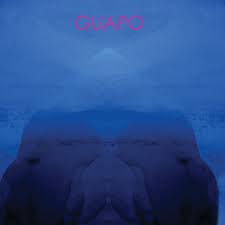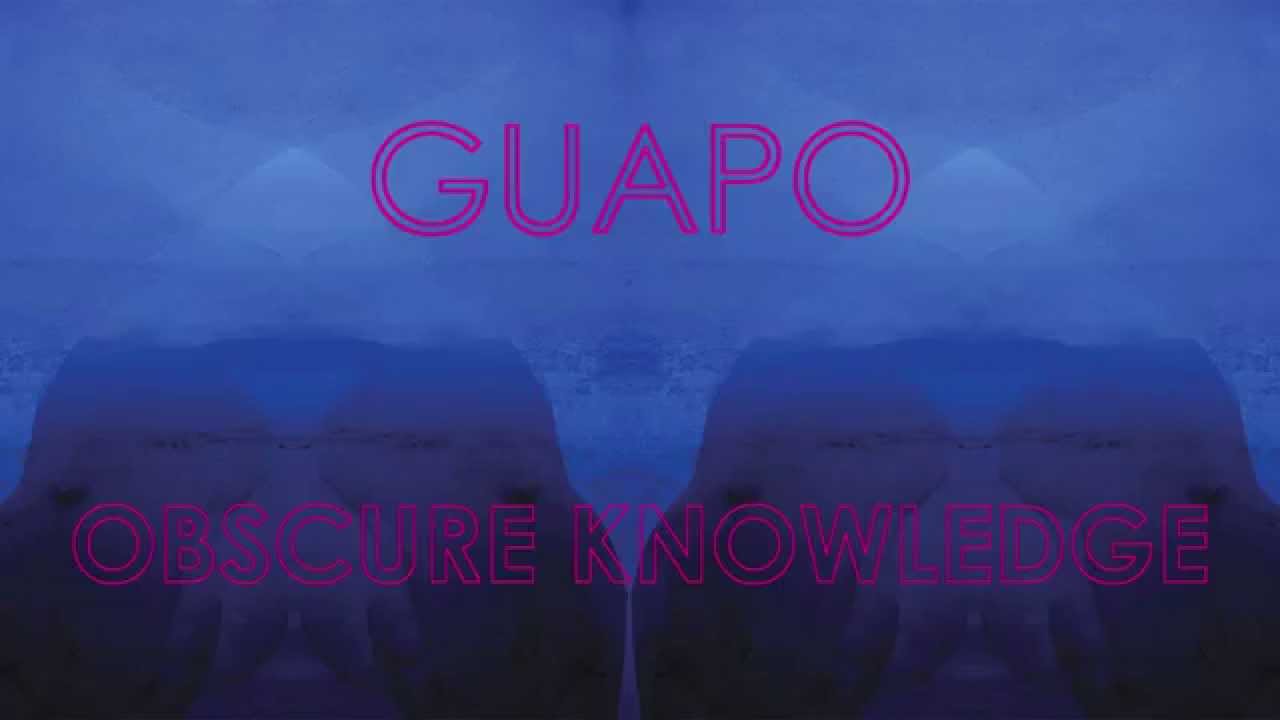In the 20 years since their first release, Guapo have occupied a period of music history that, from the moment people cottoned on that Radiohead might possibly have listened to a Pink Floyd album or two, has seen the rehabilitation of the word ‘prog’ in (mostly) polite conversation. In parallel with this, we’ve also seen the rise of post-rock (ie. prog minus capes), to the extent that Mogwai, Sigur Rós and Godspeed You! Black Emperor now form a holy trinity to rival the 70s big three of Genesis, Yes and ELP. In this time, Guapo have evolved from their noise rock origins to become Britain’s foremost purveyors of instrumental avant prog, with their astonishing 2004 magnum opus Five Suns still setting the benchmark for any band operating in this area.
Following the departure of Daniel O’Sullivan for Ulver and more recently Grumbling Fur, the band went through a period of realignment under the leadership of sole founding member and drummer extraordinaire David J Smith, resulting in the creation of what can only be termed an avant prog supergroup, featuring the talents of Kavus Torabi (Cardiacs, The Monsoon Bassoon, Knifeworld etc), James Sedwards (whose other band Nøught made a tremendous album that deserves to be much better known) and Emmett Elvin (Chrome Hoof). This line-up produced 2013’s excellent History Of The Visitation, and is also the group that plays on Obscure Knowledge (though Sedwards has since departed for Thurston Moore’s band).
Obscure Knowledge is a return to the multi-section extended pieces of yore, 43 minutes of music split into three parts. But unlike Five Suns and Black Oni, it feels like a more organically developed piece, with themes and motifs that recur throughout. And while both Magma and King Crimson are still relevant reference points in Guapo world, they truly have become one of those groups that only really sound like themselves. They even give the impression they’re having fun on Obscure Knowledge, albeit serious fun.
‘Part One’ starts with a series of discordant peaks and troughs from Elvin’s treated Hammond organ. But as your ears adjust to Guapo’s frequency, what at first sounds challenging resolves into something more transportative, a shimmering portal hanging in the air. A nicely portentous ascending chord sequence slowly starts to build underneath, providing one of the album’s key motifs. They start digging away at its foundations, only for it to reassert itself more powerfully than before, Smith’s crashing drums being an essential driving force behind the band’s dynamic.
Five minutes in, Torabi begins to strike the same guitar chord over and over again, a metal clock chiming relentlessly. They’re happy to let this simple theme develop, an underpinning of organ gradually transforming it into a piece of systems music. It’s hypnotic, as though hearing a circus or carnival in the middle distance, cymbal crashes and sub-bass ramping up a sense of impending urgency. But rather than an explosion, we get a delicate piece of baroque guitar, curling like ivy through the ‘O’ of a gothic typeface. Then there’s a nod to old-school prog, a strident Hammond-led section recalling early Genesis which spirals into a Van Der Graaf Generator-ish skronk-out. The baroque guitar theme returns, only this time as full-on Victoriana steam punk, quite close in tone to former Guapo side-project Miasma & the Carousel of Headless Horses.
By now, you’ve probably realised that it’s a bit of a fool’s errand to attempt to adequately describe what Guapo are up to here. So vivid and dense is the detail and aural chiaroscuro rapidly building up before your ears, it’s a bit like watching a bunch of savants speed-painting a Rembrandt.
But let’s push on anyway. ‘Part Two’ is a shorter connecting piece, a high, keening drone produced by woodwind guest Michael J York. It’s difficult to tell if this is looped, processed, or whether it’s just the sound of the instruments reverberating naturally, but as lower notes start to weave underneath, it creates an overpowering, ritualistic atmosphere.
‘Part Three’ begins with a tricksy section of guitar, Rhodes piano and bass, each melding around the other, trying out different combinations before finding a jerky groove they can all agree on. Sedwards’ bass gets snakier still, heralding a piece of circular guitar picking that could be off KC’s Discipline, though for some reason I’m also reminded of the high drama of those early Queen albums. The various themes now start to collide with each other, the whole threatening to get funky, but not quite. Instruments peel off into a swirling torrent, throwing themselves against the rocks with the jazzy intensity of Mahavishnu Orchestra at their heaviest, driving on to the big finish. There’s a final transmutation into the ether and then they’re gone.
What is the obscure knowledge that fuels this album? Aldous Huxley used the phrase to describe a perception of the infinite, but in an online age that peddles the illusion that everything is knowable and nothing remains hidden for long, perhaps it’s the conviction that original thought is an ever more precious commodity, much like Guapo themselves.
<div class="fb-comments" data-href="http://thequietus.com/articles/18146-guapo-obscure-knowledge-review” data-width="550">



